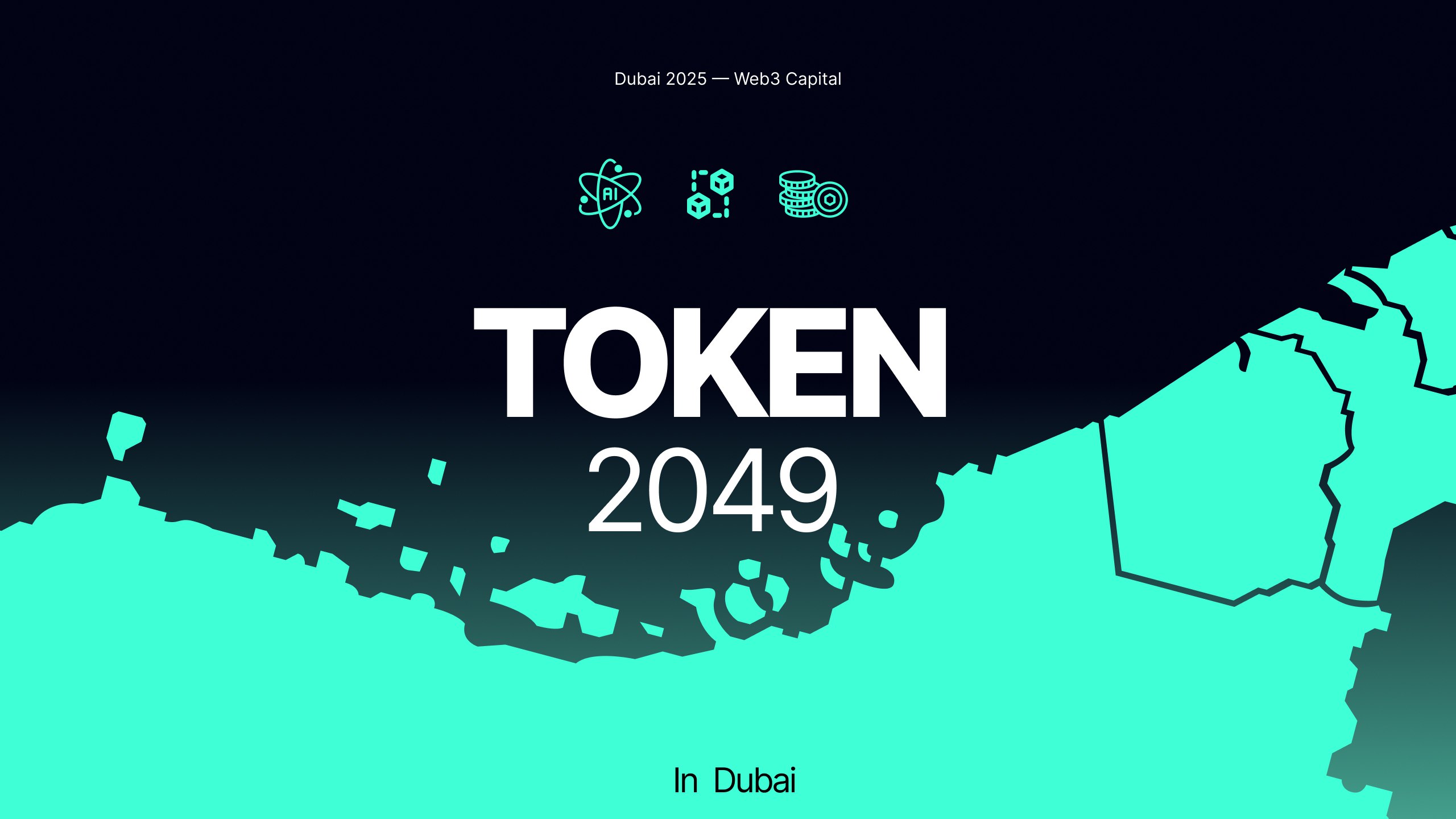TOKEN2049 Dubai 2025, held on April 30–May 1 at Madinat Jumeirah, attracted 15,000 attendees from 4,000+ companies across 160+ countries. The event featured 200+ speakers, including Binance CEO Richard Teng, exploring blockchain’s future. TOKEN2049 Week (April 28–May 4) included 500+ side events, from hackathons to yacht parties, making Dubai a Web3 epicenter. Attendees enjoyed NFT exhibitions and live music, blending innovation with hospitality. Dubai’s crypto-friendly policies, like low taxes, reinforced its digital finance leadership. The conference highlighted the intersection of Islamic finance and Web3, a key focus in the UAE.
Islamic finance, rooted in Shariah principles like prohibiting interest (riba), was a major theme at TOKEN2049. The UAE, with $620 billion in Shariah-compliant assets as of 2024, leverages blockchain to enhance offerings. Panels discussed how DeFi can align with Islamic principles, avoiding speculative risk (gharar). Tokenization of real-world assets resonated with Islamic finance’s focus on tangible assets. Dubai’s Blockchain Strategy supports this convergence, ensuring transparency in transactions. TOKEN2049 positioned the UAE to lead in Shariah-compliant digital finance.
Islamic DeFi: Merging Shariah and Decentralized Finance
Islamic DeFi gained attention at TOKEN2049 Dubai 2025, reflecting the UAE’s push to integrate Shariah models with blockchain. Experts explored DeFi protocols using profit-sharing models like Mudarabah, avoiding interest. A panel with Dr. Muhammad Ali from DIFC discussed smart contracts ensuring Shariah compliance. A DeFi platform showcased automated profit distribution without interest, aligning with Islamic principles. Chainlink oracles provided transparent asset data, supporting Islamic DeFI. The UAE’s Vision 2030 aims to digitize 50% of its financial sector, prioritizing Islamic finance. TOKEN2049 showed how blockchain can scale these solutions globally.
A Dubai-based fintech startup presented a tokenized sukuk platform, raising $10 million during TOKEN2049 Week. Investors bought fractional sukuk shares, earning Shariah-compliant returns via profit-sharing. The DIFC’s sandbox supported this initiative, enabling testing of blockchain solutions. Islamic DeFi promotes financial inclusion, offering Shariah-compliant financing for SMEs in underserved regions. A Sharjah startup shared how its platform helped farmers access funds, increasing revenue by 20%. TOKEN2049 highlighted Dubai’s role as a pioneer in Islamic DeFi.
Tokenization of Islamic Assets: Opportunities at TOKEN2049
Tokenization of Islamic assets was a focus at TOKEN2049 Dubai 2025, aligning with the UAE’s goal to tokenize $500 million in assets by 2027. Shariah-compliant assets like sukuk and real estate can be tokenized for liquidity. A Dubai Blockchain Centre event showcased a platform tokenizing property with profit-sharing returns, avoiding interest. Investors bought shares starting at $5,000, with profits distributed via smart contracts. Blockchain ensures transparency, a core Islamic finance principle. TOKEN2049 highlighted tokenization’s potential to expand access to Islamic financial products.
Tokenization also supports Islamic philanthropy, like Zakat and Waqf. An Abu Dhabi startup presented a blockchain platform for tokenizing Waqf assets, raising $2 million for education projects. Smart contracts automate Zakat calculations, ensuring Shariah compliance. Dubai Islamic Bank announced a tokenized sukuk platform for Q4 2025, targeting $100 million in investments. Blockchain builds trust in these transactions, vital for Islamic finance. TOKEN2049 positioned the UAE as a leader in modernizing Islamic financial instruments.
Islamic Finance and AI-Blockchain Synergy at TOKEN2049
AI-blockchain synergy in Islamic finance emerged as a theme at TOKEN2049 Dubai 2025. AI enhances Shariah-compliant services by analyzing data for ethical investments. A side event by io.net showcased AI robo-advisors recommending Shariah-compliant portfolios, verified by blockchain. A Dubai firm showed how AI detects non-compliant transactions, saving banks $500 million annually. The UAE aims to host 500+ AI startups by 2026, many focusing on Islamic finance. TOKEN2049 highlighted how this synergy drives innovation in the sector.
Blockchain ensures transparency in AI-driven Islamic finance solutions. A workshop demonstrated a platform verifying halal goods in supply chains, cutting certification costs by 25%. AI also improves risk management, predicting market volatility while ensuring Shariah compliance. A UAE Islamic bank reported a 15% increase in Shariah-compliant loan approvals using AI-blockchain systems. Global Islamic financial institutions showed interest in these technologies. TOKEN2049’s discussions could accelerate their adoption in Islamic finance.
TOKEN2049 Dubai: A Catalyst for Shariah-Compliant Digital Finance
TOKEN2049 Dubai 2025 united the crypto community, with Islamic finance at the forefront. Speakers like Circle CEO Jeremy Allaire emphasized ethical digital finance solutions. The event’s 500+ side events, including a hackathon yielding 50 prototypes, fostered innovation. Dubai’s strategic advantages—timezone, infrastructure, and regulations—make it a Web3 leader. The UAE’s focus on Islamic finance and blockchain sets global trends. TOKEN2049 inspired new Shariah-compliant digital finance solutions. It solidified the UAE’s role as a pioneer in this space.


